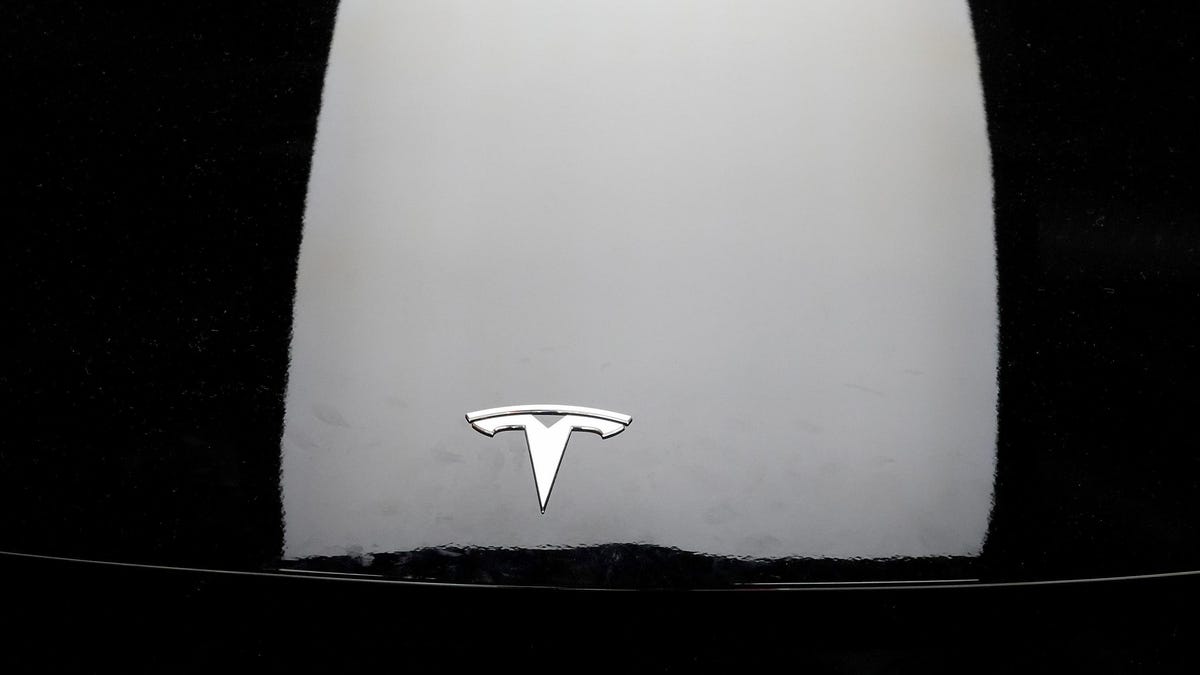
Days after the National Highway Traffic Safety Administration, or NHTSA, opened a preliminary investigation into Tesla’s “Passenger Play” feature—which allows drivers to play certain games on the car’s center touch screen while the vehicle is moving—the automaker has decided to modify the feature to prevent this incredibly dangerous and potentially fatal activity.
The NHTSA confirmed to Gizmodo on Thursday that Tesla was changing the functionality of Passenger Play. The investigation was prompted by a complaint submitted to the agency from Tesla Model 3 owner Vince Patton in November. Patton decided to file a complaint after discovering he play games, such as Sky Force Reloaded and Solitaire, in his car while it was in motion. (He tested out Passenger Play in an empty college parking lot).
“Somebody’s going to get killed,” Patton told the Associated Press. “It’s absolutely insane.”
According to the NHTSA, drivers were given the option to play games in their Teslas while they were in motion in December 2020. Although drivers could play games before then, those were only accessible when the car was parked. This past summer, Tesla added the games Solitaire, Sky Force Reloaded, and The Battle of Polytopia: Moonrise, to Passenger Play, all of which could be played while the car was moving, the New York Times reported.
The Times found that while players are asked to confirm that they are not driving when they open the game, nothing prevents them from lying and clicking through to play.
G/O Media may get a commission
The agency’s investigation covers all Tesla models produced between 2017 and 2022, or approximately 580,000 vehicles. The NHTSA told Gizmodo that its investigation remained open and that it is in the process of collecting more information from Tesla.
“Following the opening of a preliminary evaluation of Tesla’s ‘Passenger Play,’ Tesla informed the agency that it is changing the functionality of this feature. In a new software update, ‘Passenger Play’ will now be locked and unusable when the vehicle is in motion,” an NHTSA spokesperson said in a statement. “The Agency maintains regular discussions with all manufacturers to discuss potential safety concerns of these systems, including Tesla’s response to our concerns about this feature.”
The spokesperson added that the Vehicle Safety Act prohibits manufacturers from selling cars with defects that pose unreasonable risks to safety. This includes “technologies that distract drivers from driving safely,” the spokesperson said.
Gizmodo reached out to Tesla for comment on Thursday but did not receive a response by the time of publication. Given that the automaker disbanded its press department, it’s highly unlikely we’ll receive an answer. Nonetheless, we’ll make sure to update this article in the rare case the company gets back to us.
